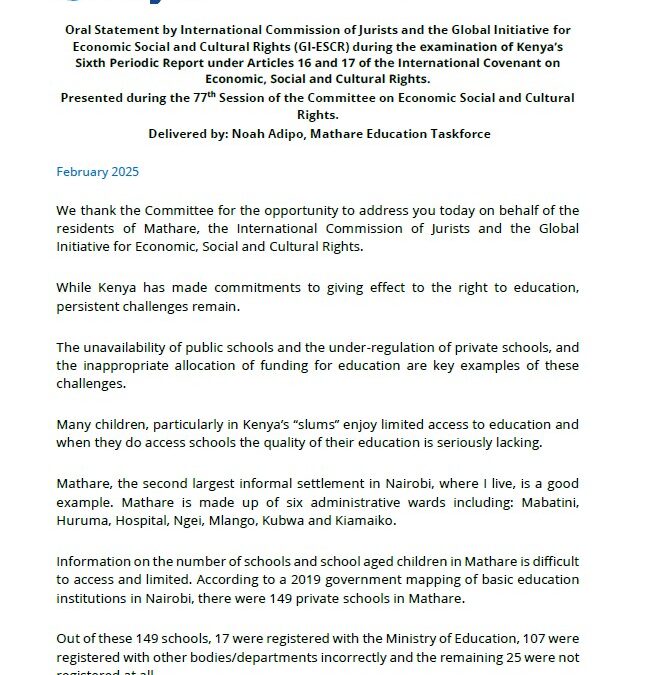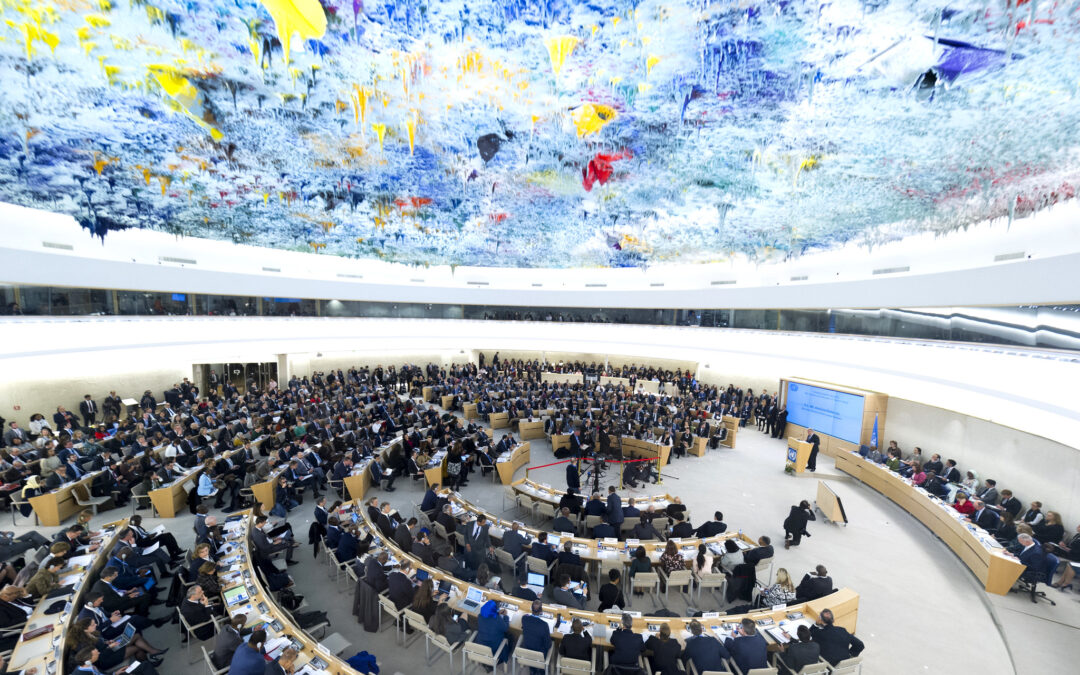

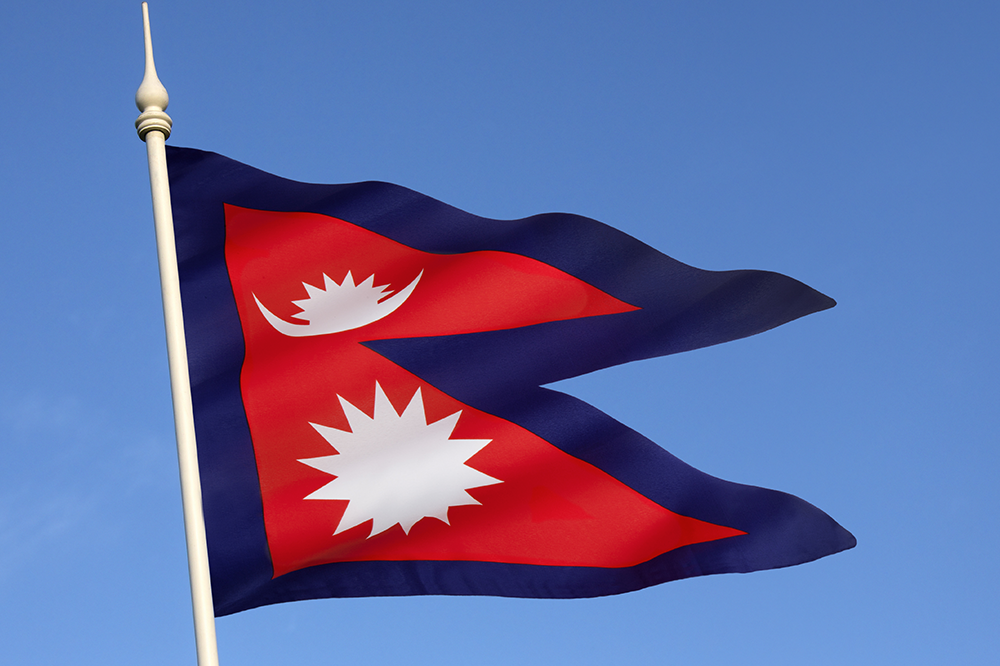
Nepal: ICJ welcomes CEDAW’s recommendations on Conflict-Related Sexual Violence and Rights of Women and Girls with Disabilities
On 24 February 2025, the Committee on the Elimination of Discrimination against Women (the Committee) released its Concluding Observations following its examination of Nepal’s record under the Convention on the Elimination of All Forms of Discrimination against Women....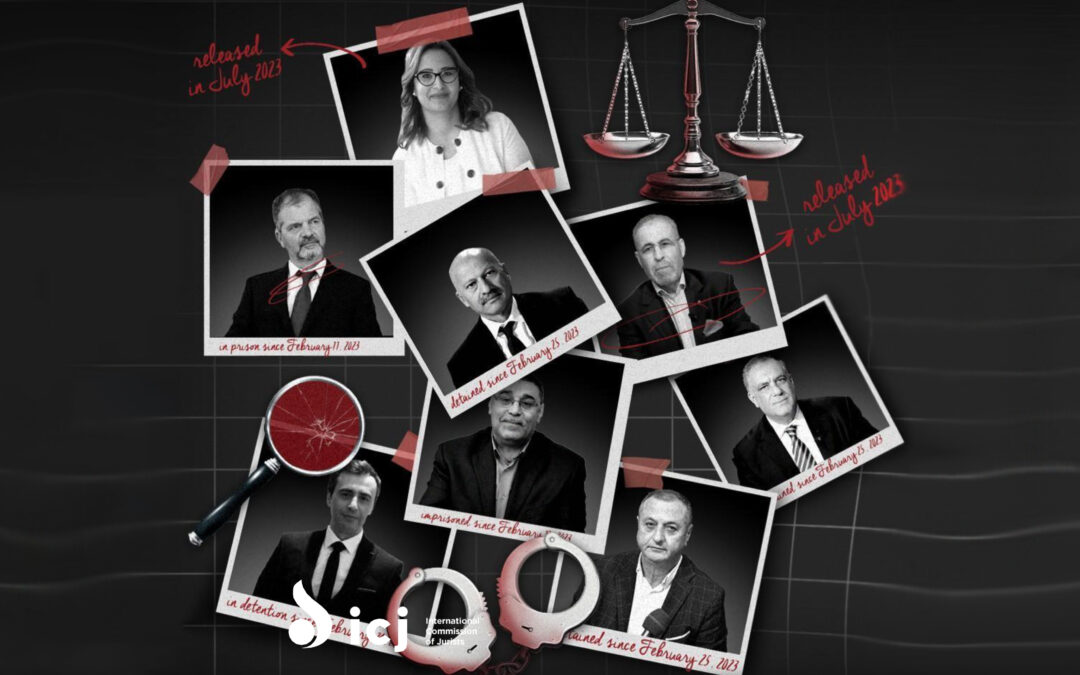
Tunisia: End grossly unfair “Conspiracy Case” mass trial of 40 opposition figures
Ahead of the start of the mass trial on 4 March 2025 in Tunisia’s trumped-up “conspiracy case”, the International Commission of Jurists (ICJ) calls on the Tunisian authorities to dismiss all charges against all 40 defendants, and to immediately release those who are...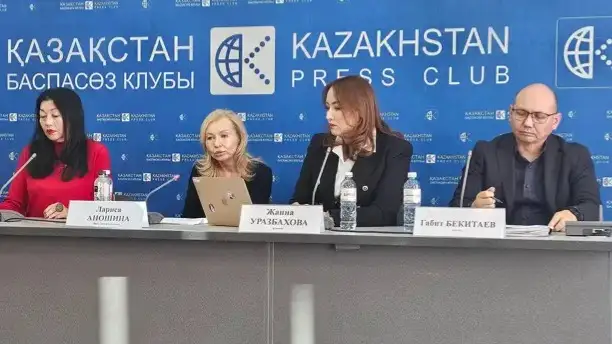
Kazakhstan: Criminal proceedings against lawyers Zhanna Urazbakhova and Gabit Bekitayev must be dropped
The International Commission of Jurists (ICJ) condemns the initiation of criminal proceedings by Almaty Police Department against lawyers Zhanna Urazbakhova and Gabit Bekitayev in Almaty. The ICJ believes that these proceedings are likely to have been undertaken in response to the lawful exercise of their professional duties.
